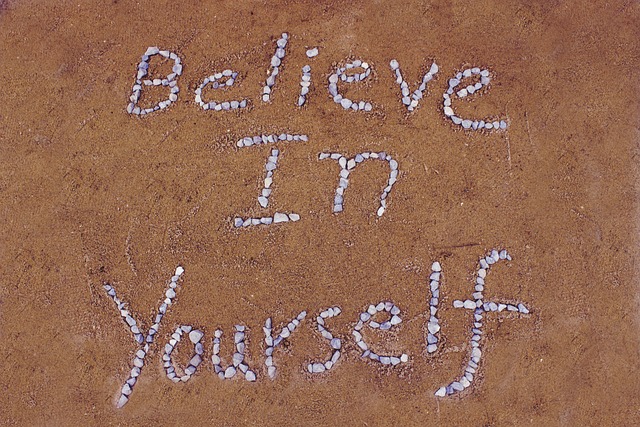End-of-term school reports are making their way to parents and carers at this moment in time and for many parents it’s their major contact with the school and look forward to the reports, even if their children don’t. But what’s their value? Do they actually tell parents anything useful? Do they just tick another educational box?
Ralph Waldo Emerson once said, “We become what we think about all day long.” Everything in life begins with our thoughts: our actions, our beliefs, and ultimately, our results. Millions of people around the world are stuck in their way of life. They can’t get past a certain income, kids are told they are no good at math or will always struggle with languages and hey presto our thoughts become our reality.

We are taught from a very young age, even before birth, on how to think. Did you know babies start listening to the world at 5 months of age in utero? People go through their lives, and they never completely develop themselves. Humans have creative faculties that go beyond the scope of our imagination. When we’re born, we are already programmed genetically – that’s why we look like our relatives; it’s already programmed whether we think dominantly from the right or left side of our brain. Those who use more of their linear side, their left-brain, they’ve been conditioned to believe that’s where they’re going to find all the answers, our cans and can’t are programmed and therein is where the danger lies.
The Report Card Syndrome – When a piece of paper dictates your life
After 50 years of research, the greatest minds in the world have discovered what we call ‘the report card syndrome.’ If a child gets a C on a test, the teacher and parents believe that this is who the child is, and that’s how they treat them. Soon enough, the child will begin to believe it, and will keep getting the same results over and over again. This turns into a bank statement or balance sheet syndrome when we get older – we let this piece of paper dictate who we are.
Let’s be honest here; Teachers generally hate writing report cards, they take up a lot of time, and teachers don’t believe they are allowed to be as honest as they would like to be in which case what is the real value or are schools just ticking another educational box? Reports are not objective documents, they are 50 per cent subjectivity and 50 per cent propaganda, making the student and the parents feel good but can and do negatively affect family dynamics, a child’s self esteem, being compared to their siblings or peers, the list goes on. But how do we as parents enforce that our kids are worth more than just a piece of paper or a number or letter behind all their hard work?

How Does Focusing on Grades Affect Children?
There is no doubt the immense pressure to perform well in school has negatively affected the mental health of our children. Much research has been conducted on how students react to their reports and grades and studies found that 80% of students base their self-worth on their grades. The lower their grades, the lower their self-esteem. A even more disturbing study revealed that mental health professionals have cited overwhelming academic pressures as a contributing factor to youth suicides.
Maybe it’s time parents started looking past the academic grade and focusing more on the effort grade and even then ask your child if they feel they have done their best. Maybe the teacher isn’t aware of many factors surrounding their effort, a C for effort is maybe all your child can manage right now as they adjust to a new school or does an effort grade cited as a D mean your child is failing or are they struggling with bullying at school, the report card syndrome is real.

What Can Parents Do Then?
Focus on the whole learning journey, what are your child’s passions and interests rather than focusing on their grades. When students love to learn they will be more motivated and committed to their learning, a love of learning will last a lifetime and benefits our kids as they become adults far more than any grades on a report card.
Parents can also help by moderating their expectations and as discussed above and focus on the effort rather than the result, have regular and open conversations about their studies and academic stress and never compare your child to their smarter older sister or their peers in class. There is nothing more devastating for a child who has tried their best than that thief called comparison.
The idea that academic grades are the necessary ingredient to lifelong success is both unhealthy and untrue, in the words of the great Albert Einstein –





